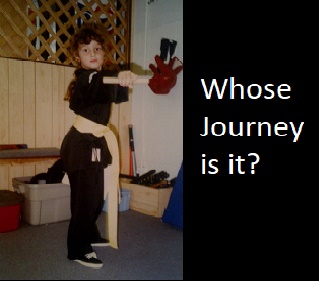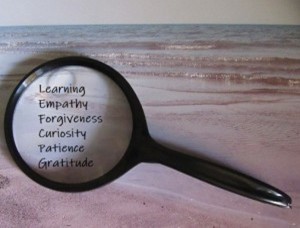
We’ve all seen the caricature of the out-of-control parent at their child’s hockey, soccer or baseball game, yelling instructions and criticism, hurling invective at the ref and generally making the entire experience unpleasant for everyone around them. If the role of parents and coaches is to unleash potential and remove interference for their child to deliver their best performance, what possesses them to get (pardon the pun) so far off base?
We spoke with one mother who tells us she’s been there, albeit in a moment of madness. She recalls when her teenage son was competing in a martial arts tournament in her hometown. It was a chance for extended family to see Luke perform, and their cheering section was full of uncles, aunts, grandparents and cousins. Luke’s precision and style earned him a trophy and the judges invited the winners to perform an extra demonstration event.
To our friend’s chagrin, Luke blew off the event as a no show and disappointed the family who had stayed especially for it. She can still see the blank look on his face when she blasted him for not showing up and trying his best. “But I was focused on the main competition, I didn’t think the demo thing was important!” he protested. She tells us that she understood suddenly how she had “temporarily lost sight of whose journey it was” and made sure to apologize to Luke and promised herself never to let family pressure, or anything else, blind her again.
When they are starting out, our child athletes need us to do so much for them (washing uniforms, lacing skates, lifting saddles, driving them everywhere…) that it can feel like our journey too. It’s not easy to learn to let go, or to figure out when we should. As they grow older, the support they need changes, but as coaches we affirm that knowing your child’s heart is the key to helping them succeed. How do we do that? Listen to them, listen, and listen some more.



